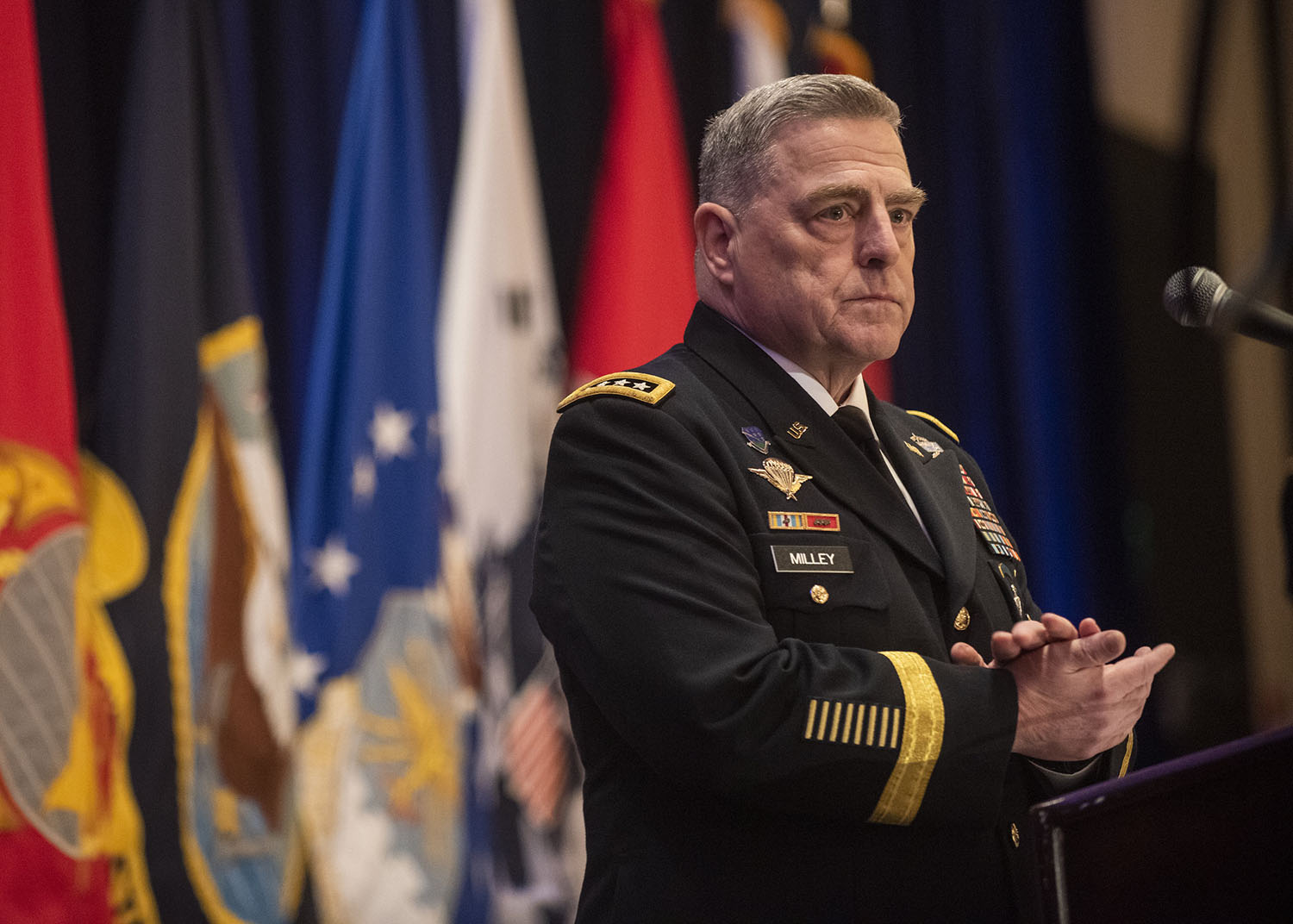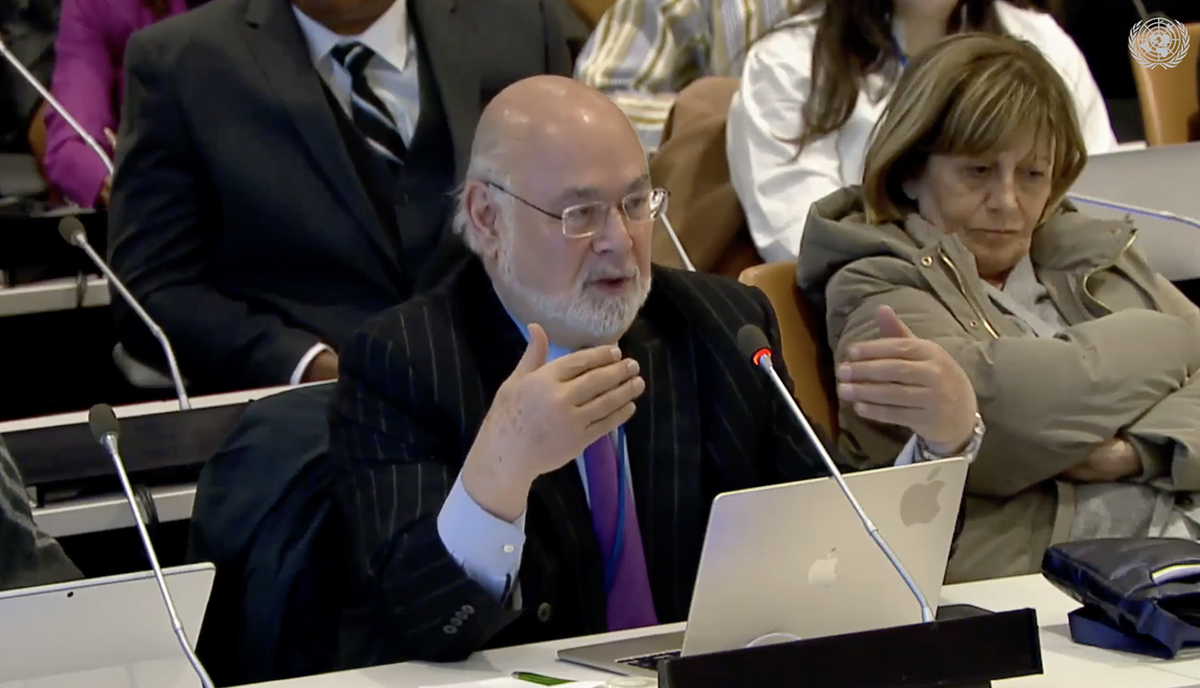A virtual and in-person event was held on April 5, 2024 at the Baha’i Center in New York on International day of Conscience, where participants discussed the topic of “Building the Culture of Peace with Love & Conscience.”
The task of the United Nations to save future generations from the scourge of war requires transformation towards a culture of peace, which consists of values, attitudes and behaviours that reflect and inspire social interaction and sharing based on the principles of freedom, justice and democracy, all human rights, tolerance and solidarity, that reject violence and endeavour to prevent conflicts by tackling their root causes to solve problems through dialogue and negotiation and that guarantee the full exercise of all rights and the means to participate fully in the development process of their society.
The panel discussion included Jonathan Granoff, President of the Global Security Institute in New York. Joining him was Amb. Anwarul Chowdhury, Global Movement for the Culture of Peace, Former Under-Secretary-General of the UN; Nipun Mehta, Founder of ServiceSpace; Audrey Kitagawa, President and Founder of the International Academy for Multicultural Cooperation; Thomas Legrand, author of “politics of being: Wisdom and Science for a New Development Paradigm; Kristin Hoffman, musician; Gayatri Naraine, Brahma Kumari Representative to the UN; Daniel Peril, Bahai Representative to the UN; Sofia Stril-Rever, spiritual teacher and writer; and Joni Carley, Convener of the UN NGO Mayor Group Unitive Cluster.
The speakers discussed the importance of conscience in creating a better world and reflected on the significance of conscience in various aspects of life, including law, medicine, religion, and financial systems. Conscience is defined as the human capacity to find the “why” and bring values into action, acting as a spiritual compass. Spiritual disciplines, such as love, charitability, and treating others with respect, were emphasized as essential in developing a compassionate conscience.
Speakers from various spiritual traditions, including Shintoism, Zoroastrianism, and Bahai, shared their philosophies. The importance of human connection and retaining it in professional spaces was also emphasized. The United Nations Alliance of Civilizations and the Unitive Cluster at the United Nations were discussed as organizations working to put conscience into action and promote unity. The need for spiritual and cultural transformations to address environmental problems and the impact of Artificial Intelligence on human connection was also explored. Overall, the speakers emphasized the importance of conscience in guiding decisions and actions towards a more compassionate and connected world.
The Global Security Institute is dedicated to strengthening international peace and security based on co-operation, diplomacy, shared interests, the rule of law and universal values. Our efforts are guided by the skills and commitment of our team of former heads of state, distinguished diplomats and politicians, celebrities, religious leaders, Nobel Peace Laureates, disarmament and legal experts, and concerned informed citizens. Our focus is on controlling and eliminating humanity’s greatest threat – nuclear weapons.








